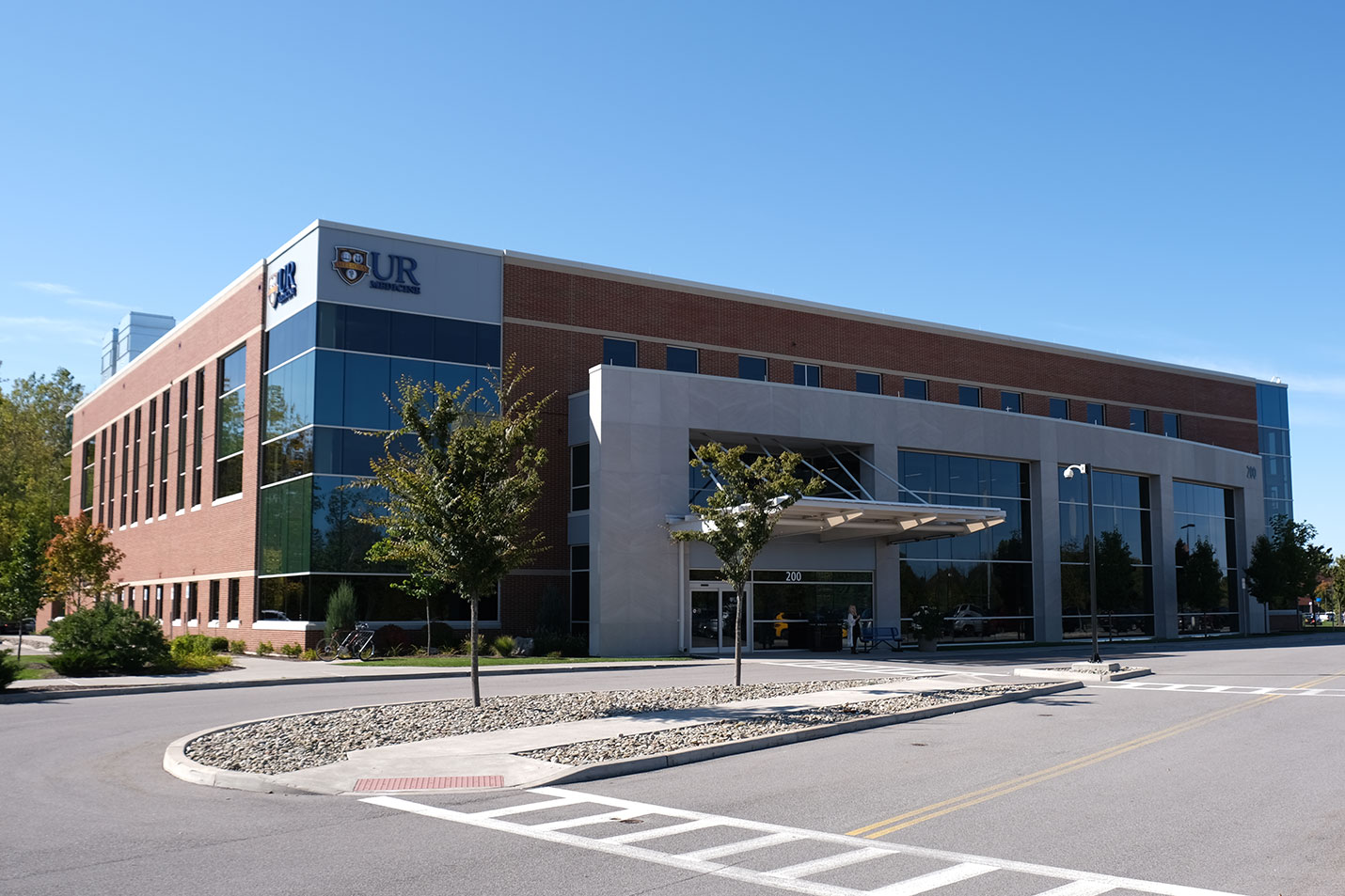Tourette Syndrome
Make Appointments & Get Care
What Is Tourette Syndrome?
Tourette Syndrome, also called Tourette's or Tourette disorder, is a neurological disorder that causes repeated tics. Symptoms, usually mild, simple tics of the face, head, or arms, often start between the ages of 5 and 10.
Tics are sudden, uncontrolled vocal sounds or muscle jerks. Over time, if you have Tourette disorder, you may experience different kinds of tics that may happen more often. They may also involve more parts of the body, such as the trunk or legs, and may become more disruptive to daily life.
The most common symptoms are uncontrolled muscle movements. They may occur in the face, neck, shoulders, torso, or hands. Examples include:
- Head jerking
- Squinting
- Blinking
- Shrugging
- Grimacing
- Nose-twitching
- Repeated foot tapping, leg jerking, scratching, or other movements
Complex tics include:
- Kissing
- Pinching
- Sticking out the tongue or lip-smacking
- Touching behaviors
- Making rude gestures
Vocal ticks include:
- Grunting or moaning sounds
- Barking
- Tongue clicking
- Sniffing
- Hooting
- Saying rude things
- Throat clearing, snorting, or coughing
- Squeaking noises
- Hissing
- Spitting
- Whistling
- Gurgling
- Echoing sounds or phrases repeatedly
Most cases of Tourette syndrome are caused by genes. It is an autosomal dominant disorder, meaning that the gene is not on an X or Y chromosome and only one copy of the gene is needed to have the condition. A parent with Tourette syndrome or the gene for Tourette syndrome has a 1 in 2 chance to pass the gene on to each child.
In up to 1 in 20 children with Tourette syndrome, the disorder is not caused by genes. Possible causes in these cases may be problems during pregnancy, low birth weight, head injury, carbon monoxide poisoning, or inflammation of the brain (encephalitis). Tourette syndrome affects more boys than girls.
A child with Tourette syndrome is usually diagnosed around the age of 7.
The healthcare provider will ask about:
- Symptoms and health history
- Family health history
- Developmental problems
The healthcare provider will also:
- Observe behavior
- Ask for a history of behavior from teachers
- Assess psychological, social, and educational status
A diagnosis of Tourette disorder needs the presence of different tics for at least one year.
UR Medicine's Treatments for Tourette Syndrome
Your healthcare provider at UR Medicine will work closely with you as well as other providers to help manage your disorder throughout life. With specialized treatment, depending upon symptoms, age, general health, and severity of the condition, our experts will help you manage Tourette's.
Tourette syndrome has no cure, and the condition is lifelong. It does not get worse over time. Tic symptoms tend to decrease with age, but ADHD, OCD, depression, generalized anxiety, panic attacks, and mood swings can continue and cause ongoing problems in adult life.
A treatment called comprehensive behavioral intervention for tics can help with managing tics. In some cases, psychotherapy or medicine may be needed. These may be choices if the tics are causing problems with daily function. You may also receive medicines for related conditions, such as ADHD, OCD, or a mood disorder, if needed.
Visit the URMC Tourette Association of America Center of Excellence Clinic site.
Learn MoreWhat Sets Us Apart?
UR Medicine is a world-class medical center and leading academic institution. Our providers offer outstanding patient-centered care and conduct breakthrough research in neurology.
Our Pediatric Movement Disorders group at Golisano Children's Hospital provides diagnosis and comprehensive care to children with neurological movement disorders, such as Tic Disorders/Tourette Syndrome, Complex Motor Stereotypies, Dystonia, Tremor, Chorea, Myoclonus, and Ataxia.
UR Medicine Neurology also offers advanced treatment for adults with neurological disorders to help make daily living easier.
Locations
View All LocationsWe serve you in the Rochester metropolitan area and surrounding region.
View All Locations4 locations
200 East River Road, 3rd Floor
Rochester, NY 14623
Clinton Crossings, Building H
2400 South Clinton Avenue, Suite 130
Rochester, NY 14618
Clinton Crossings, Building D
4901 Lac De Ville Boulevard, Suite 120
Rochester, NY 14618

